As personal injury attorneys in Rock Hill, South Carolina, we often represent those who have been injured on someone else’s property. The degree to which a property owner must provide care to those on the property is based on the Premises Liability Law. In this article, we will explain the Premises Liability Law in South Carolina, the different classifications of people that enter your property, and how the law applies to these people and children that enter your property.
PREMISES LIABILITY LAW CLASSIFICATIONS IN SOUTH CAROLINA
South Carolina’s Premises Liability Law is based on the idea that property owners must protect their visitors from dangers on their property, but only to the extent that a responsible person would. The owner’s liability depends upon the classification of the injured person and how they entered your property. South Carolina recognizes four general classifications of people who enter a property:
- Adult Trespassers – those that enter your property without permission. Generally, a property owner owes no care to them except not to inflict willful or wanton injury (hurt them purposefully).
- Children – varying degrees of care depending on the reason they are on the property – discussed below.
- Invitees – those that enter your property by an invitation to do so. Their entry must be connected with your property or activity that allows invitees onto your property. There is a mutuality of benefit between the invitee and the property owner. A pest control technician or customers at a restaurant are examples of invitees. A property owner must use reasonable care to prepare the premises and make it safe invitees. A property owner also has a duty to warn an invitee only of latent or hidden dangers of which the property owner has knowledge or should have knowledge.
- Licensees – those that enter your property with your consent. Licensees entering the property do so for theirbenefit and not that of the property owner. A licensee is someone who is permitted on the property and that you did not necessarily invite, but one who remains on the property only by your consent. A dinner guest at your home or someone on your property asking for directions are examples of licensees. Unlike the duty owed to invitees, a property owner “has no duty to search out and discover dangers or defects in the land or to otherwise make the premises safe for a licensee.”
PROPERTY OWNERS’ CARE OWED TO CHILDREN IN SOUTH CAROLINA
Although the duty of care owed to an adult depends almost entirely on their reason for being on the property, South Carolina’s premises liability law applies to children in a slightly different way. A child trespasser can file a liable suit against you for injuries that were caused by an “attractive nuisance.” An attractive nuisance is one that may tempt children to enter your property without their knowledge of the danger. The child involved is too young or inexperienced to understand the risk by the condition of the property. The cost required to remedy the condition is minimal compared with the risk to a child. Abandoned construction sites or empty swimming pools have qualified as attractive nuisances, especially when no warning of any kind is posted.
CONTACT OUR ROCK HILL INJURY LAWYERS
If you or a loved one has been injured due to a failure of warning of the dangers on someone else’s property, we can help. Contact the injury attorneys at Lewis Law Firm for a free consultation. We know the laws regarding this complex issue. Let the Lewis Law Firm handle the legal issues while you focus on your recovery.

